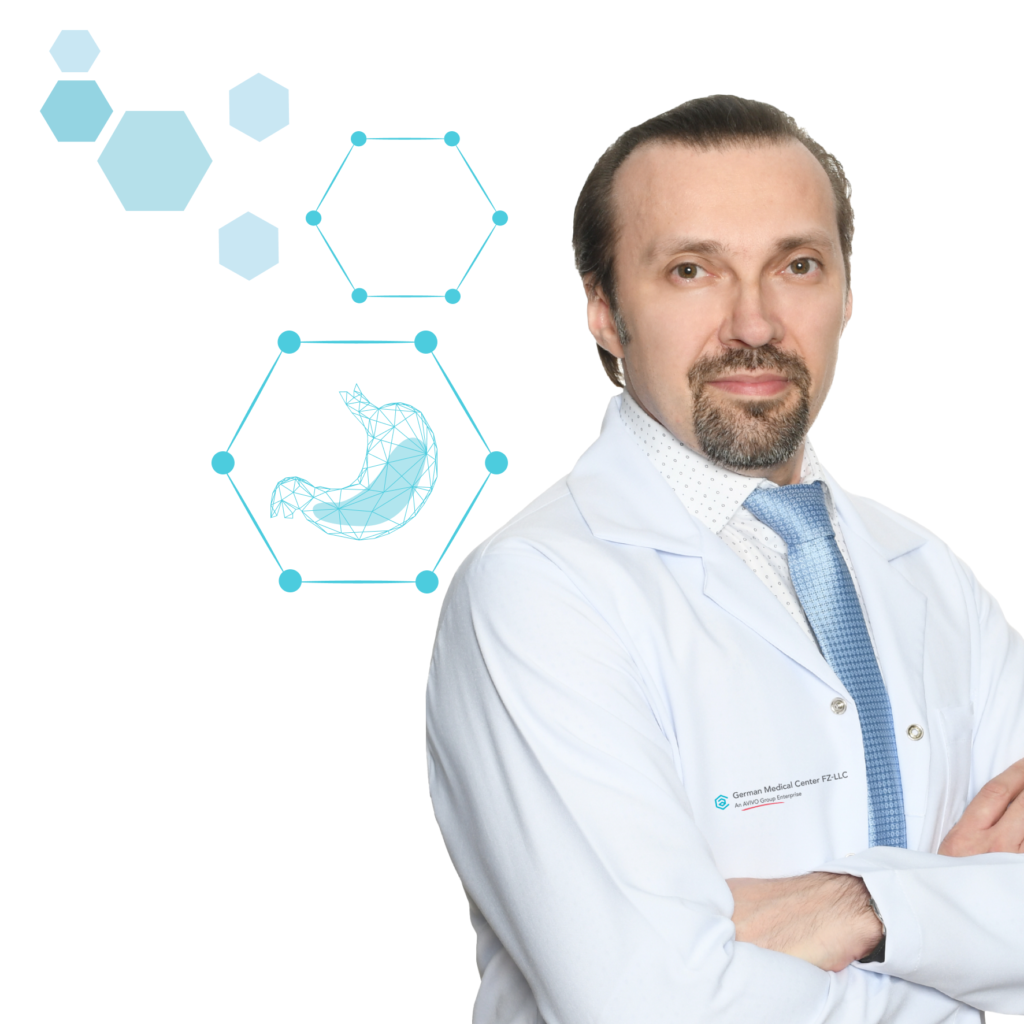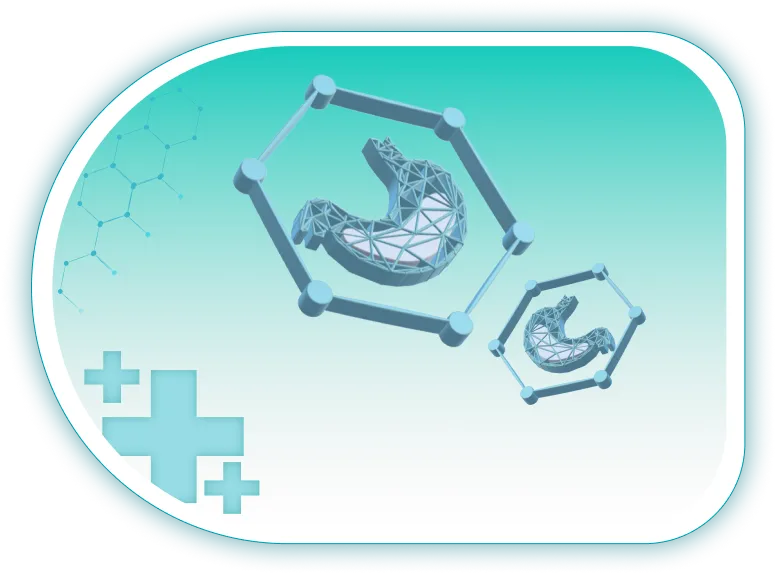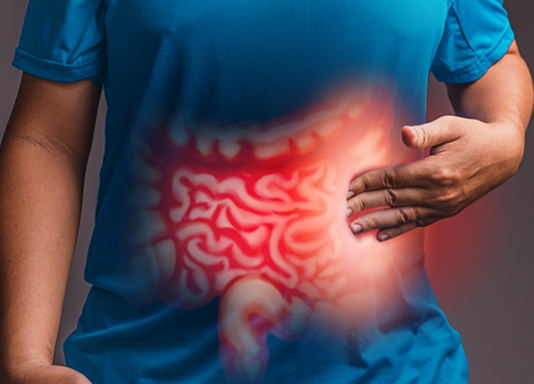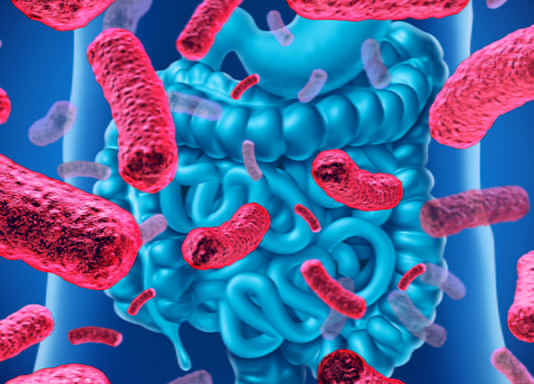
Dr. Sebastian Cuzincu
Gastroenterology and Internal Medicine
Liver cancer is a serious and potentially life-threatening condition that requires prompt diagnosis and treatment.

Liver cancer is a serious and potentially life-threatening condition that requires prompt diagnosis and treatment. There are several treatment options available for liver cancer, including surgery, chemotherapy, radiation therapy, targeted therapy, and immunotherapy. In this article, we will discuss the different treatment options available for liver cancer and highlight the best treatment for hepatocellular carcinoma (HCC).
Surgery is often the first-line treatment for liver cancer, particularly if the cancer is confined to the liver and has not spread to other parts of the body. During surgery, the tumor and a portion of the liver surrounding it are removed. This procedure is called a partial hepatectomy. If the cancer has spread to other parts of the liver or the body, surgery may not be an option.
The best treatment for liver cancer depends on the stage and extent of the cancer, as well as the patient’s overall health. In general, surgery is the preferred treatment for early-stage liver cancer, while chemotherapy, radiation therapy, targeted therapy, and immunotherapy are used to treat more advanced liver cancer.
If you or a loved one has been diagnosed with liver cancer, it is important to seek treatment from a qualified healthcare provider. At German Medical Center, we offer a comprehensive range of liver tumor treatment options, including immunotherapy for liver cancer. Our team of experienced physicians and healthcare professionals will work with you to develop the best treatment for liver cancer with a personalized treatment plan that meets your specific needs.
Don’t wait to seek liver cancer treatment in dubai. Contact German Medical Center today to schedule a consultation and learn more about your treatment options.
Our team of experts are passionate about providing only the best quality care and treatment to their patients.

Gastroenterology and Internal Medicine
Crohn's disease is a chronic inflammatory bowel disease that can cause a wide range of symptoms that can vary in severity and...
Diverticulitis is caused by the formation of small, bulging pouches (diverticula) in the lining of the colon....
Appendicitis is a medical condition where the appendix, a small finger-shaped organ attached to the large intestine, becomes...
food poisoning can be a distressing condition that can leave you feeling miserable for days....
Cirrhosis is a chronic liver disease that occurs when healthy liver tissue is replaced by scar tissue, leading to decreased liver...
If you or a loved one has been diagnosed with achalasia, it's important to know that there are effective treatment options...
The first step in treating diarrhea is to identify the underlying cause...
f you are experiencing constipation, it is important to seek medical treatment for constipation from a qualified healthcare...





Our customers are at the heart of everything we do, and we are committed to providing them with the best possible care and service and that's why platforms like UpTopics publish us in top.


(4.5)
Based on 174 Google Reviews

Partner with:
Partner with:


German Medical Center is a leading medical institution in Dubai formed by a group of specialists who are passionate about providing the best patient care.
Fill out our easy online form to book an appointment with German Medical Center. Our team of experts is dedicated to providing you with personalized care and guidance every step of the way. Don't wait, take charge of your well-being and schedule your appointment now!